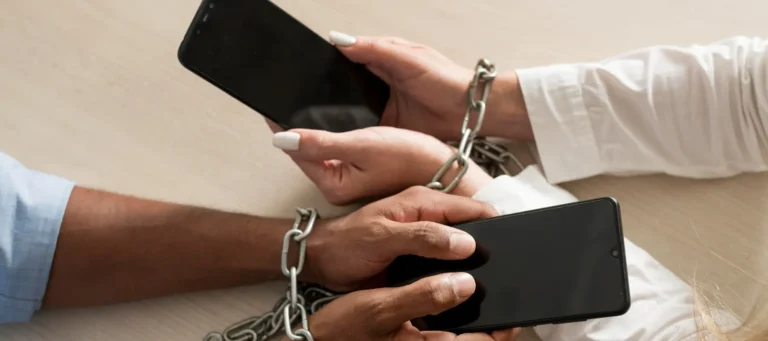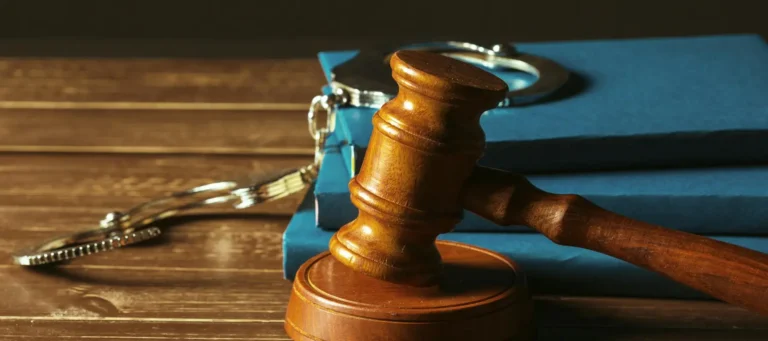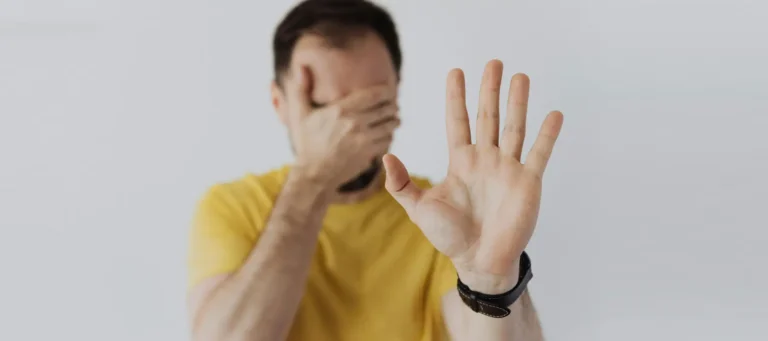Clearing your record isn’t just an option—it’s often an urgent necessity. At Legal Allies, we get tons of questions like:
- Can I work if I have a record?
- Will it affect my residence permit?
- Can I clear it now, or do I need to wait?
If you’ve been convicted of a crime (even a minor one), it stays on your criminal record certificate and may block access to public jobs, immigration procedures, or even cause you to lose a job offer.
Here’s a step-by-step guide on how to clear your criminal record in Spain, when you can do it, what documents you’ll need, and common mistakes to avoid.
What Is a Criminal Record?
A criminal record is the official record of final court convictions someone has received for committing a crime. This record is managed by the Spanish Ministry of Justice.
Important: It’s not enough to serve your sentence (like paying a fine or being released from prison). To remove the crime from your legal history, you must formally request its clearance.
Why Is It Important to Clear Your Criminal Record?
If you’re a foreigner, a criminal record can affect:
- NIE or residence card renewals.
- Applications for regularization (residency on social or work grounds).
- Spanish nationality applications.
If you’re looking for a job, many employers request a clean criminal record before hiring.
If you’re applying for public jobs or exams, you can’t have an active record.
Even for travel to certain countries (like the U.S. or Canada), a clean record may be required.
When Can You Clear a Criminal Record?
It depends on the type of crime. The law requires a period without reoffending, counted from the day the sentence was fully served.
| Crime Type | Minimum Time Before Clearance |
| Minor Offense | 6 months |
| Less Serious Crime | 2 to 5 years |
| Serious Crime | 10 years |
Example: If you paid a fine for a minor offense on January 1, 2022, you can clear your record starting July 1, 2022—only if you haven’t reoffended. If you commit another crime, the clock resets.
How to Clear a Criminal Record
Here’s the process in four simple steps:
1. Check the Waiting Period
Before doing anything, make sure the required legal time has passed.
2. Gather the Documentation
You’ll need:
- Official clearance request form.
- Copy of your ID, NIE, or passport.
- Certificate of sentence completion (if available).
- Current criminal record certificate (to check what appears).
3. Submit the Request
You can do this in three ways:
- Online: with a digital certificate, through the headquarters of the Ministry of Justice.
- In person: At any Territorial Justice Office.
- By post: Sending signed documents.
4. Wait for the Decision
The Ministry usually takes 1 to 3 months to process the request. If all is correct, you’ll receive a certificate confirming you no longer have a criminal record.
Can Legal Allies Help You Clear Your Record?
Absolutely! Clearing your record may sound simple, but if there are errors in dates, missing documents, or if the Ministry needs clarifications, the process can drag on.
At Legal Allies, we:
- Check if you’re eligible for clearance.
- Prepare the application correctly.
- Submit it for you—online or in person.
- Follow up until the resolution is issued.
Real Cases We’ve Handled
Ahmed, a young Moroccan man with a work permit, had a record for a petty theft two years ago. His residence renewal was denied. We handled the urgent clearance and filed a review of the immigration file. Today, he’s working on a permanent contract.
Lucía, from Argentina, had paid a fine for driving with no license points. She didn’t know it left a criminal record until it was required for a job. We helped her clear it, and she got her clean certificate in under a month.
Frequently Asked Questions
Will I get notified when I can clear it?
No. The system doesn’t notify you. You need to calculate the time yourself or get legal help.
What happens if I don’t clear it?
Your record remains active. It may not show up daily, but it still appears in official databases.
Does this erase the crime entirely?
No. It only deletes the record from the criminal register. The event may still exist in judicial, police, or administrative databases.
Clearing your criminal record in Spain is a right—but it doesn’t happen automatically. It’s an administrative process you must handle properly to clean your record and avoid obstacles in your professional, legal, or immigration life.
If you’re unsure about your case, Legal Allies offers a free review of your file, calculates your deadlines, and handles the clearance quickly and smoothly. Because everyone deserves a second chance—legally too.




